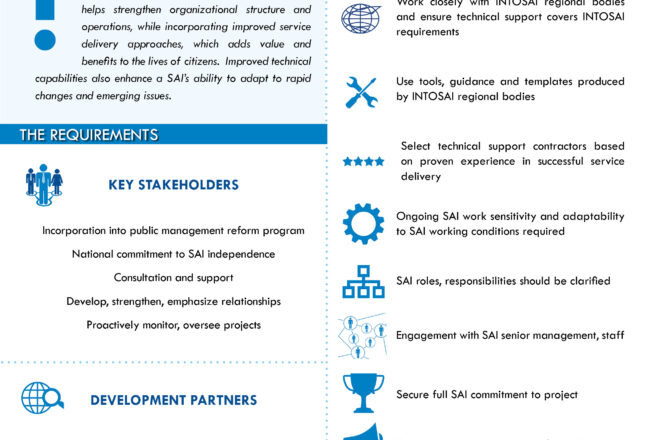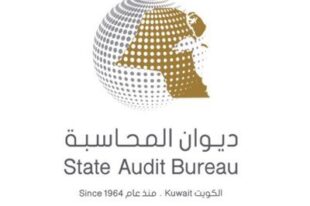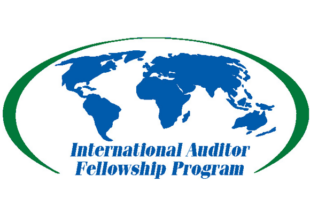Building Capacity by Enhancing SAI Technical Support

by Wilf Henderson, International Technical Cooperation Project Manager (Retired), United Kingdom National Audit Office
Cultivating Supreme Audit Institutions’ (SAI) technical capacity, particularly in developing countries, is crucial. Increased technical capacity helps strengthen organizational structure and operations, while incorporating improved service delivery approaches, which adds value and benefits to the lives of citizens. Improved technical capabilities also enhance a SAI’s ability to adapt to rapid changes and emerging issues.
In spending several years providing technical support to developing SAIs in Sub Saharan Africa, I encountered numerous challenges covering a wide range of topics and stakeholders.
But, these challenges can be overcome. Through my experience, I have developed a list of best practices (based on lessons learned) that may prove beneficial to others when planning and implementing SAI technical support.
Key Stakeholder Requirements
- SAI technical support projects should be part of an overall public management reform program.
- National executive and legislative branches must be fully committed to an independent and competent SAI.
- Key stakeholders must be consulted. Support, including that from audit clients, is essential for project success.
- Public Accounts Committees (PACs) should be fully involved with SAI technical assistance projects, and the importance of the SAI/PAC relationship must be emphasized.
- Steering committees need to take a proactive role in monitoring and overseeing projects and should actively intervene if problems arise.
Development Partner Requirements
- Development partners should actively support SAI operational and financial independence and should challenge any interference in SAI operations.
- Development partners should include technical support to SAIs as part of their country strategies where there is a clear commitment to reform and should ensure that Terms of Reference are prepared by SAI experienced professionals.
- SAI funding should come directly from development partners. Routing funding through the executive branch compromises SAI independence.
- Funding should be based on actual development needs via Strategic and Operational Plans or arising from Terms of Reference requirements.
- Assessing circumstantial changes and associated impact, require evaluation to ensure success, and development partners should assess the impact of these changes on the project’s success.
Technical Support Best Practices
- Successful contractors should be encouraged to work closely with International Organization of Supreme Audit Institutions (INTOSAI) regional bodies and use tools, guidance and templates produced by those regional bodies.
- Contractors should be selected based on experience in delivering successful previous technical support projects and experts should, as the main consideration, have proven SAI experience demonstrated by achievements.
- Sensitivities to ongoing SAI work commitments is a must, particularly if the SAI is operating under old (and outdated) legislation, but technical support cannot assist the SAI in applying old methodologies.
- From the onset, it must be clear that technical support will cover current International Organization of Supreme Audit Institutions (INTOSAI) requirements, and, in this regard, SAIs should understand their roles in the governmental governance structure.
- Technical support providers need to engage with SAI senior management and staff at all levels to secure buy-in in to project aims and objectives. Without full SAI commitment and engagement, projects will not succeed.
- It is imperative that contractors providing technical support keep development partners informed of problems and issues at the earliest opportunity.
- Technical assistance projects should follow the simple concept of “doing with” rather than “doing for.” If there are problems, contractors tend to revert to concentrating on output delivery rather than outcomes.
- Success can only be achieved if there is skills transference from the contractor to key counterparts who can take the project forward to ensure sustainability.





